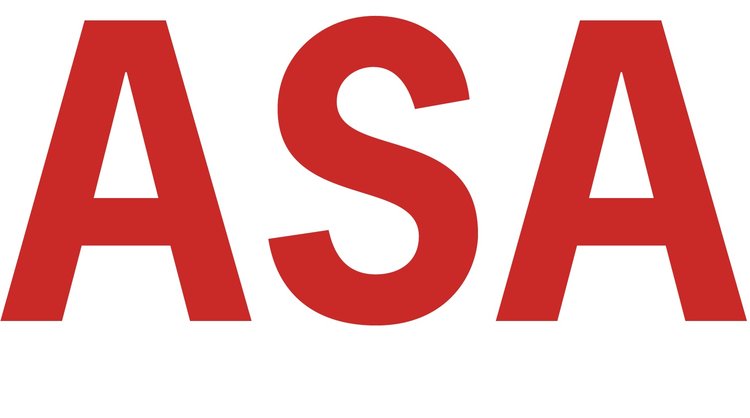Aki Shibuya discusses the outcome of assessing technology-enabled abuse through a feminist ethical framework. If culturally dominant understandings of social constructs such as privacy minimize or exclude the experiences of women, these ideas can negatively impact policy decisions made around issues like tech abuse. Applying feminist ethics to issues such as tech abuse encourages a re-examination of how ethical frameworks can influence current norms and policies.
Read MoreEthics
A Consequentialist Argument For A Centralized Genetic Databank
Amanda Phillips discusses the argument for a centralized genetic database through the lens of consequentialism. The author examines the possible positive and negative consequences of establishing such a genetic repository, including threats to privacy and the risk of increasing systematic bias. The author concludes with the results of the evaluation of how a centralized genetic database might both provide benefits to people as well as how it might cause harm.
Read More#DeleteUber
Lee Segal discusses how the disruptive and once innovation company Uber has continued its downward spiral, with a growing number of stories emerging of executives making unethical decisions that will have lasting consequences for the company’s reputation and bottom-line.
Read MoreAn Open Letter to Librarians: Ethical Imperatives in Post-truth America
Alexander George discusses the growing challenge that librarians face due to inaccurate, misleading, and flat-out false news (“fake news”), which is also creating new issues for our democratic societies in the age of 24-hour, instantly accessible, and always-changing news. The author explores the question of a librarian’s ethical responsibilities related to fake news, and the implications for our society.
Read MoreDomestic Spheres or Universal Values, & The Future of Internet Governance
Adam Lewis reviews the actions of major Internet communications companies in China and identifies the ethical framework each has applied while operating in the Chinese market. Specifically, the framework outlined by Michael Quinn in Ethics for the Information Age.
Read MoreOpen Source Policies for Commercial Software Companies
Mike Kelly discusses the idea that private companies should have an open source software policy in place if they are using free third-party software to produce their own proprietary software for sale or as part of a paid service.
Read MoreThe Future of Bitcoin
Divya Yadav talks about the impact and future of digital currency in the changing economic landscape.
Read More